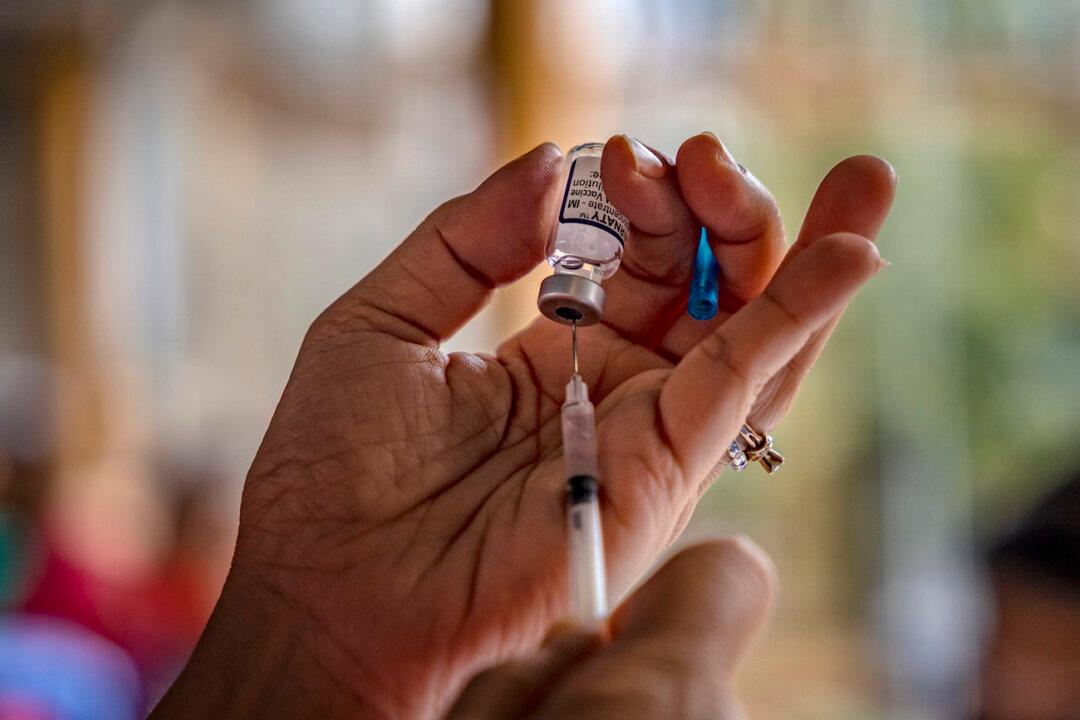People who have received COVID-19 vaccines are more likely to get infected than those who are unvaccinated, according to two new studies.
In one paper (pdf), from Cleveland Clinic researchers, each successive dose heightened the incidence of infection. The lowest incidence was among the unvaccinated.





